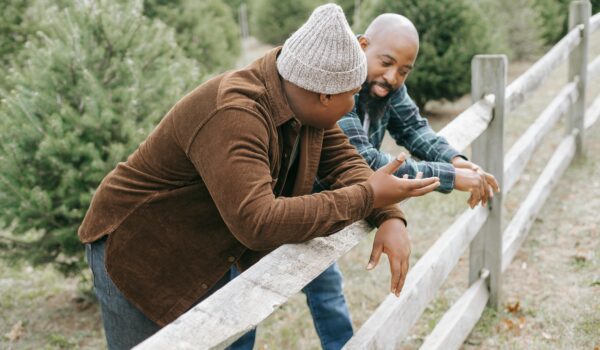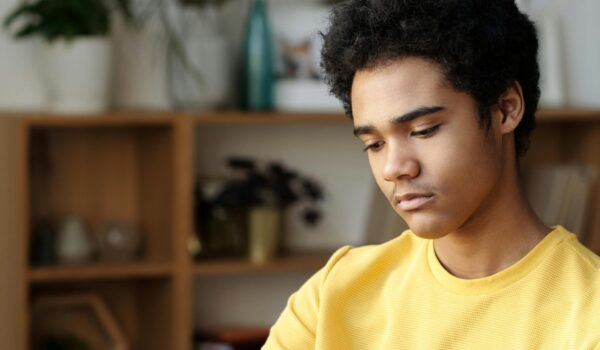Play is not just fun for children; it is essential for their emotional, social, and cognitive development. Through play, children can process complex feelings, build relationships, and enhance their problem-solving skills. This article explores how play helps children organize their thoughts, express emotions, and build key life skills like creativity, independence, and confidence.
The Role of Play in Child Development
CPlay is crucial in helping children develop in various ways, from their cognitive and physical abilities to their emotional and social skills. The American Academy of Pediatrics supports the power of play in helping children’s development. Here are several key ways play supports development:
Fosters Social Skills
Through cooperative play, children learn how to share, take turns, and collaborate with others. Social play teaches important lessons in empathy, communication, and conflict resolution.
Example: During a game of tag, children practice turn-taking, negotiation, and understanding other people’s perspectives, building important skills for future relationships.
Enhances Cognitive Development
Play allows children to experiment, problem-solve, and think critically. Whether they’re building with blocks or figuring out the rules of a new game, their brains are constantly processing and learning during play.
Example: A child building a tower with blocks practices spatial awareness and problem-solving skills as they figure out how to balance the blocks and prevent them from falling.
Promotes Emotional Expression
Play provides an outlet for children to express their emotions in a safe environment. It allows them to explore different feelings and work through challenging situations in a non-threatening way.
Example: A child pretending to be a superhero might be working through feelings of fear or powerlessness, transforming those emotions into positive expressions of strength and confidence.
Different Types of Play and How They Help Children Learn
There are several types of play, each focusing on different aspects of a child’s development. Here are some common types of play and how they contribute to growth:
Constructive Play
Constructive play involves building or creating something, whether with toys like blocks, legos, or even in nature with sticks and stones. It helps children develop spatial awareness, problem-solving skills, and creativity.
- How it works: Constructive play challenges children to think critically, plan, and execute their ideas. They experiment with design, structure, and materials, honing their fine motor skills.
- Example: A child building a structure out of blocks works on both creativity and critical thinking, as they have to plan the structure, balance the pieces, and adjust as needed.
Imaginative Play (or Pretend Play)
Imaginative play involves creating scenarios and acting out roles, like pretending to be a doctor or an astronaut. It’s a way for children to explore real-life situations and emotions, boosting creativity and emotional intelligence.
- How it works: Through pretend play, children process their understanding of the world by stepping into different roles. They use their imagination to act out experiences and rehearse real-life scenarios, which can help them navigate future challenges with confidence.
- Example: A child playing “house” may role-play situations such as cooking, cleaning, or caring for a baby, which helps them develop empathy and understand family dynamics.
Physical Play
Physical play, like running, climbing, or playing sports, is essential for developing motor skills and coordination. It also promotes overall health and helps children regulate emotions by releasing energy.
- How it works: Physical activities stimulate the brain and body, fostering both physical and emotional development. It can also teach perseverance and the ability to overcome challenges.
- Example: A child learning to ride a bike or climbing on a jungle gym improves both balance and confidence, while also learning the importance of practice and resilience.
Social Play
Social play involves interactions with other children and often occurs in group settings like schoolyards or playdates. It helps children learn communication, teamwork, and problem-solving in social contexts.
- How it works: When children play with others, they practice negotiating, sharing, and expressing themselves. It helps them build relationships and learn how to handle different social situations.
- Example: A group of children playing a team sport together cooperates to achieve a common goal, which teaches them cooperation, trust, and effective communication.

How to Encourage Healthy Play in Children
Encouraging healthy play is crucial for a child’s development. Here are some tips for fostering play that promotes growth:
Encourage Exploration: Let children explore new activities or environments to stimulate curiosity and learning. Outdoor play, for example, exposes them to new challenges and social interactions.
Provide a Variety of Play Options: Offer children a mix of solo, social, physical, and imaginative play opportunities.
Be Involved: Join in on the fun by participating in games or simply observing your child’s play. Your involvement can enhance the experience and provide learning moments.
Create a Safe and Stimulating Environment: Make sure the play area is safe, but also filled with stimulating toys or activities that promote creativity and learning.
The Power of Play in Child Development
Play is much more than entertainment. It is a powerful developmental tool that helps children process emotions, build skills, and develop the confidence needed to navigate the world around them. By understanding how play impacts child development, parents, caregivers, and educators can support children in becoming well-rounded, emotionally intelligent, and resilient individuals.
If you’re looking for more information on how to support your child’s development through play or want advice on setting up an ideal play environment, feel free to reach out to us. Together, we can ensure that your child’s playtime is not just fun, but an integral part of their growth journey.
Play is an important part of a child’s development and an excellent way for them to process their emotions. A Mindhues therapist can help your child process their feelings through the use of play. Contact us today to get started.




